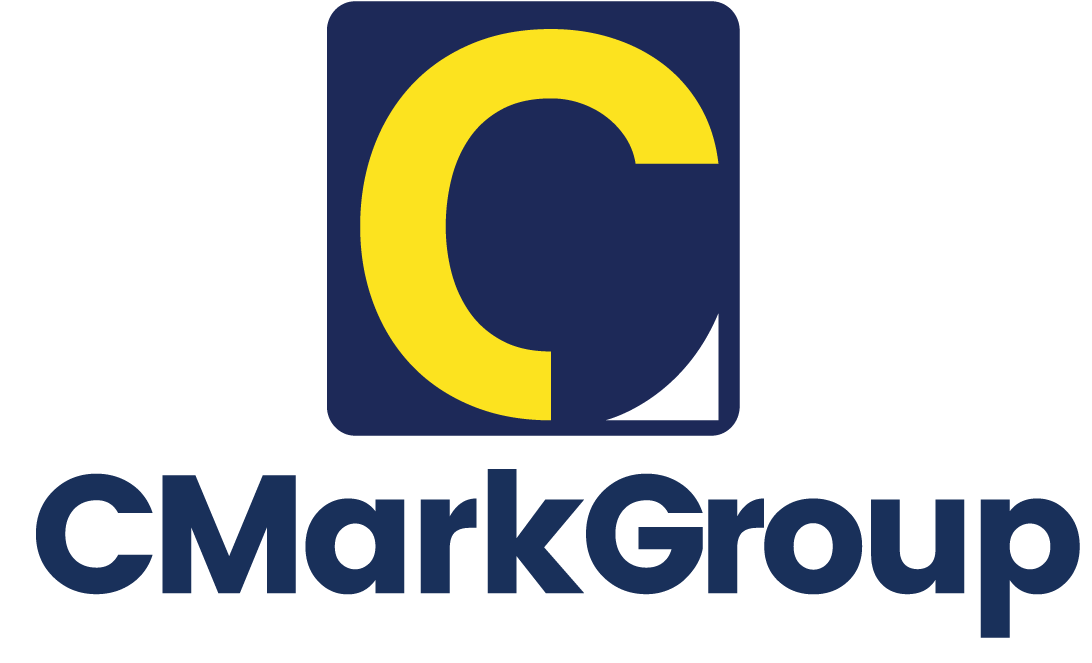8 Suggestions – My formula for writing great business emails.
- October 13, 2017
- Posted by: Nayte Carrick
- Category: Uncategorized

In our office, important emails often come across my desk for review and comment. As I was responding to a recent such inquiry from a co-worker, I took the extra time to bullet what I have found to be important guidelines for writing business communications, so he could improve his communication skills.
The points were good, and I thought I’d share them with you.
So here is the email I received to review (names have been changed of course of course).
ORIGINAL EMAIL
Good Afternoon Sandra,
Hoping all is well and you’ve enjoyed your week thus far. I wanted to circle back and see if you or the **Your Company Name** has experienced any successes or breakthroughs with your active endeavors?
I realize that we also share a common connection. Travis Waters from the **His Company Name** is my girlfriends father. After our meeting I was able to connect with him and confirm you guys were connected.
I’ve had brief conversations with him in regards to some of his successes using a process consultant as he uses one on a continuous basis. You mentioned that companies in your field communicate and collaborate. Have you all had the ability to compare current processes?
Sincerely,
Jason
— Not a bad email, and let’s see how we can make it better. First, Eight suggestions.
SUGGESTIONS
- Emails can be read at any time day or night. “Good afternoon” is relevant to you at the time you wrote it, and it may be irrelevant if he reads it at 5AM.
- I always use “I trust” instead of “I hope…” so they hear me say “Trust” and it is me assuming they’ve had a good whatever I’m wishing them
- Normally in the first paragraph which contains some pleasantries, I usually summarize the purpose of my communication, as a preview, drawing the reader in
- Check your paragraphs for too many I’s. Good rule of thumb, never start the first sentence of any paragraph with “I…” and don’t’ start more than 1/3 of any other paragraphs with “I…”
- Do you best to frame statements as something that you’re offering. Some examples we can incorporate in this email: “I’m happy to make an introduction.” “I thought that information might be relevant for you.” “feel free to give me a call”
- Even if I don’t have a specific follow up (planned meeting or action items), I make some reference to speaking or seeing the person soon, which I feel plants the seed of a sense of urgency and that I want to speak / meet with them again soon
- A closing salutation can be as iffy as a time appropriate greeting. Unless it is someone with whom I am intimately familiar, my go-to salutation is “Regards,” or “Kind Regards”
- Avoid using the conjunction “but.” Regardless of how positive the sentence is, it always sounds like you’re taking something away from them. Instead say virtually the same thing, connecting it with “and”
Now, let’s see these suggestions applied to that email that landed on my desk 20 minutes ago.
REVISED EMAIL
Hello Sandra,
Your week is going well I trust. It has only been a couple of weeks since we met, and I wanted to follow up with you on something I didn’t think about until after our meeting.
Shortly after our last meeting, I realized that we share a connection in Travis Waters from the **His Company Name**, who is **Some kind of friend of mine**.
In the past and again recently, I’ve had brief conversations with Travis regarding his ongoing use of a process optimization consultant, and I thought that might be relevant information for you. He mentioned he would be happy to speak with you if you’d like to hear more about his experiences. You likely have his contact information, and if not I am happy to make an introduction.
If you have any questions, feel free to give me a call. I look forward to seeing again you soon.
Regards,
Jason
—
In all parts of life, and especially in PR, which words you use can be more important than what you’re saying. It is easy to give an incorrect impression to the reader of your tone or intentions simply by saying things in a way that leads them to think that.
I trust you will find these suggestions to be as helpful as I have.
